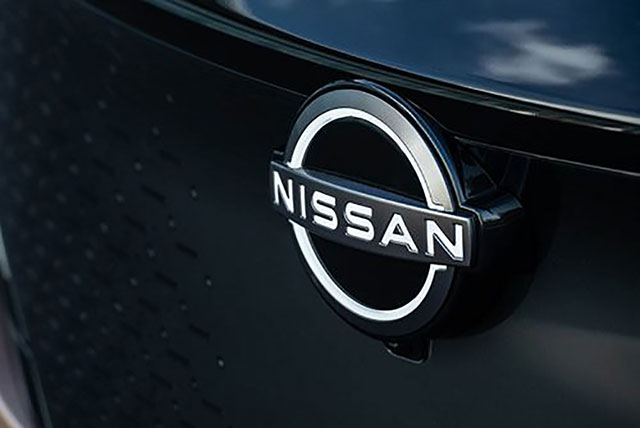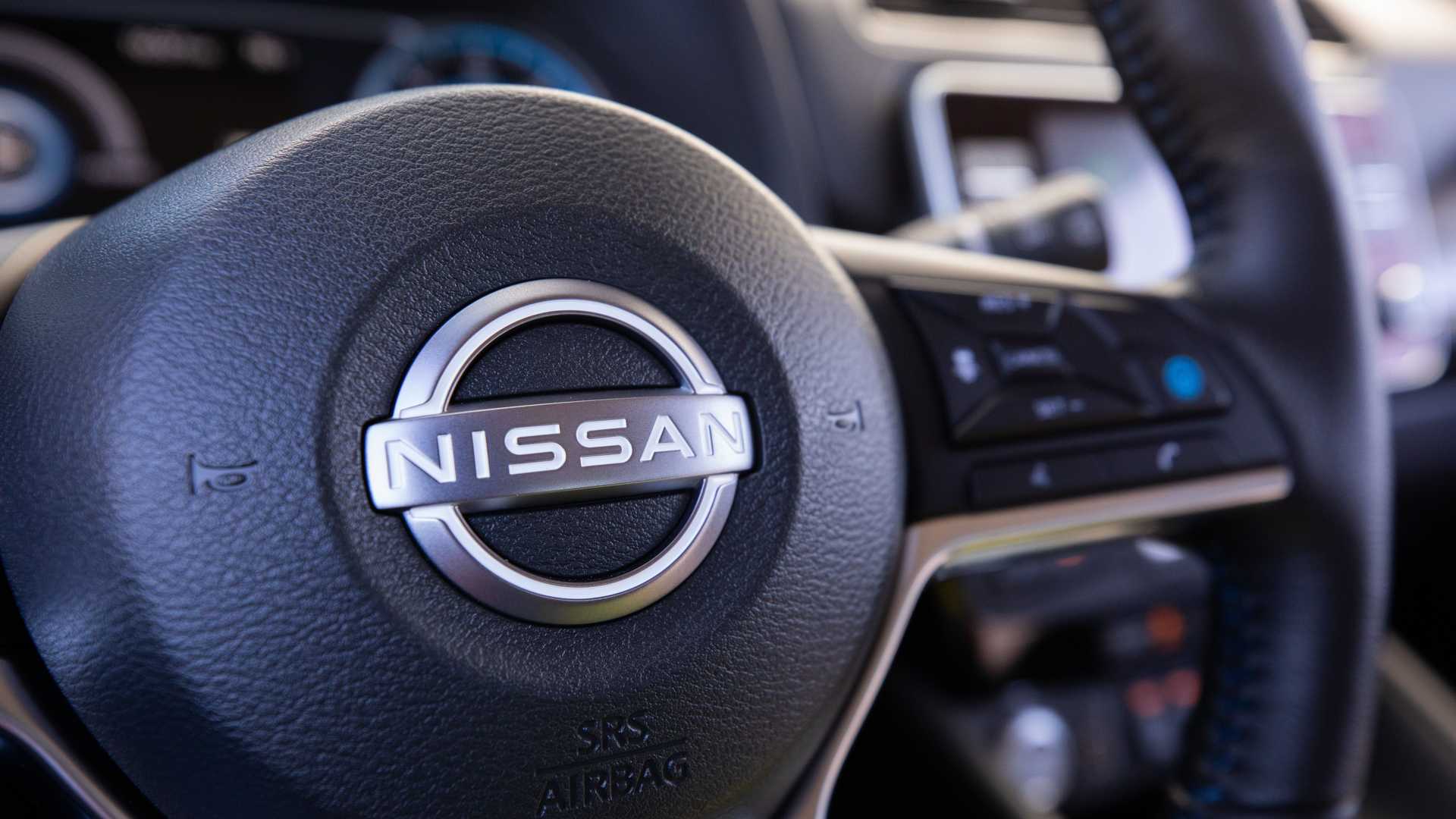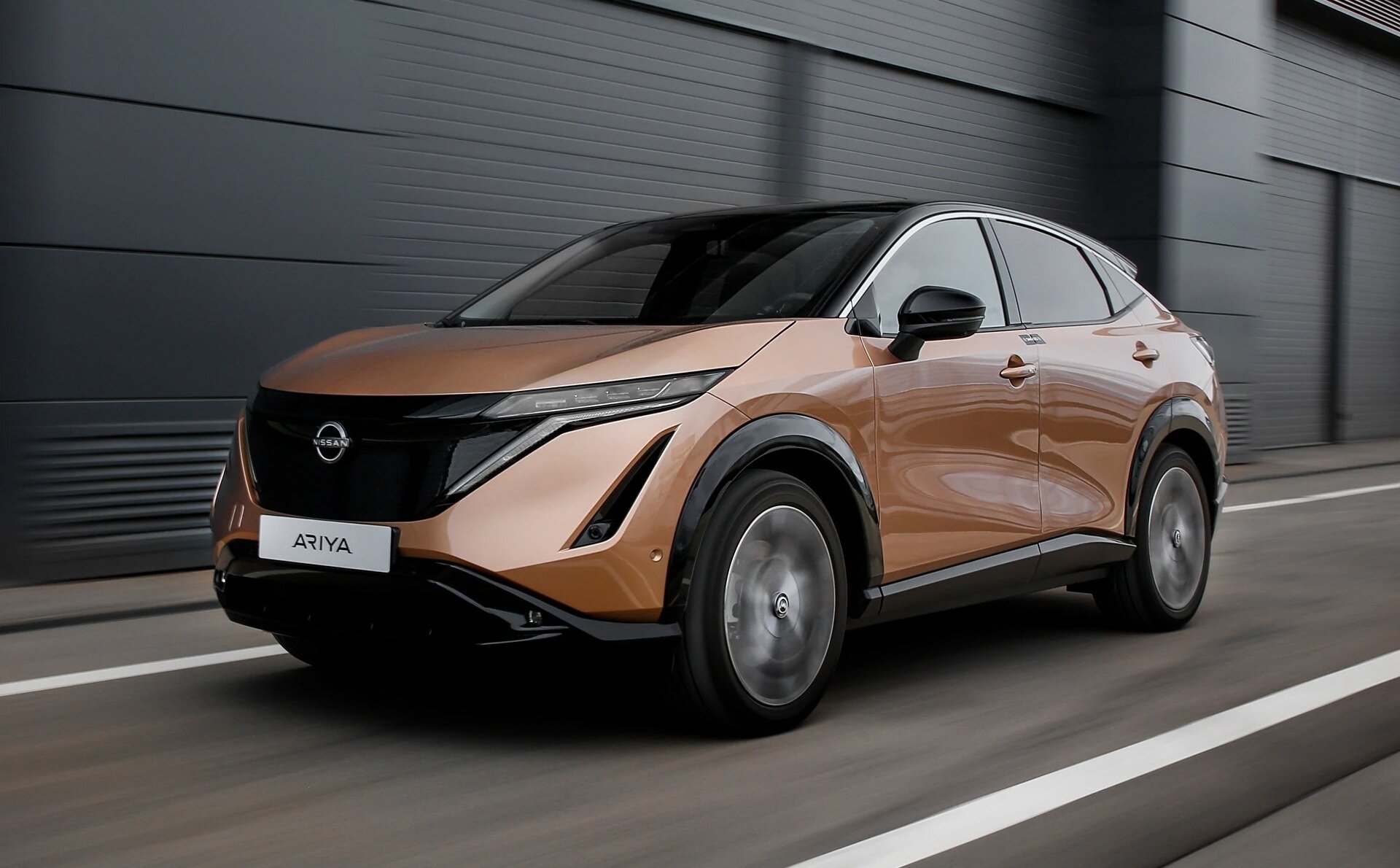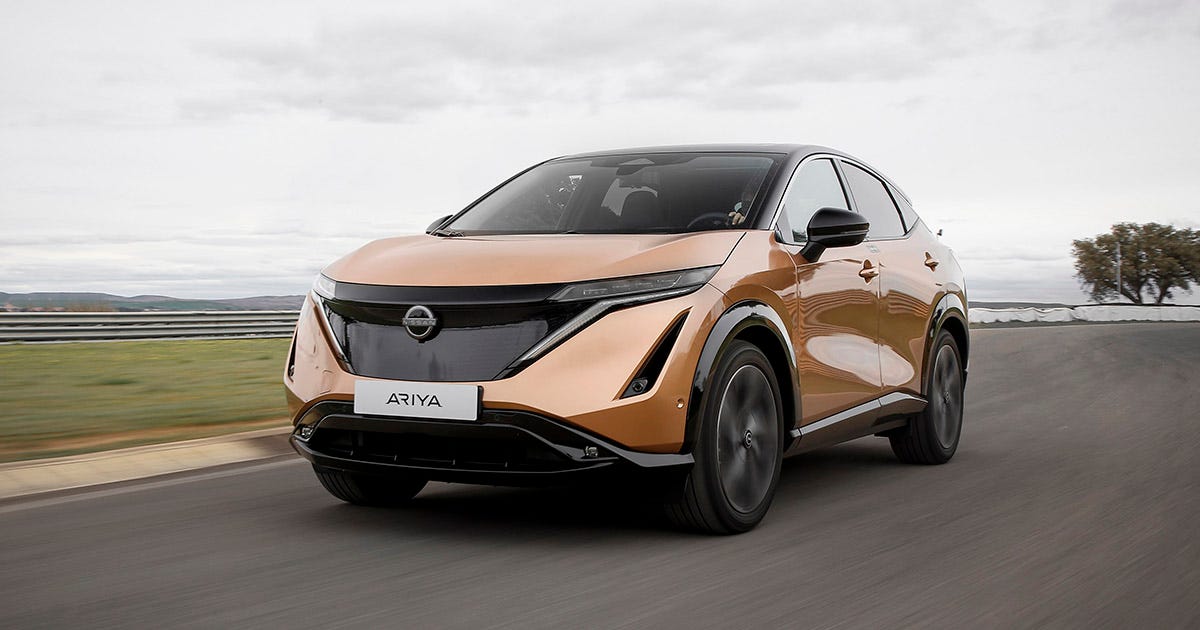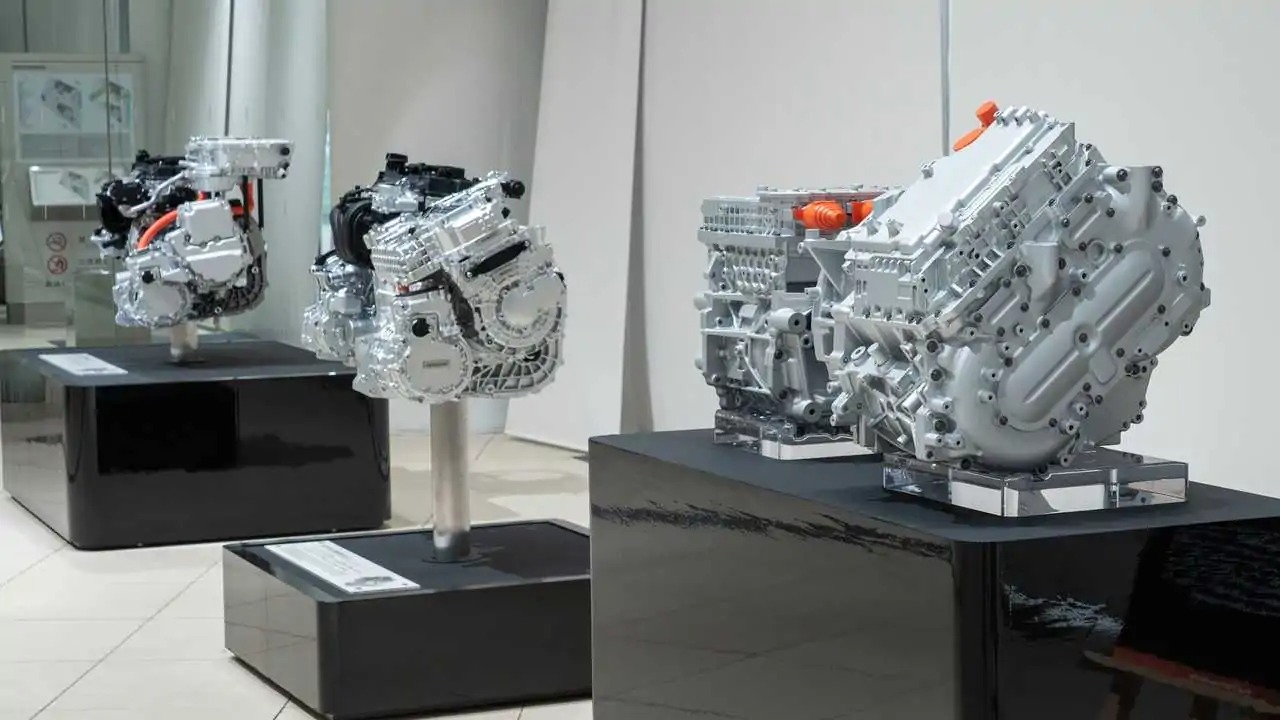Nissan announced on Monday its plan to increase its production of power trains in the United States and raise its sales targets for electrified cars, as it tries to catch up in a market currently dominated by newer and more agile automakers, including Tesla.
Despite being one of the pioneers in electric vehicles with the all-battery-powered Leaf, Nissan has struggled to keep up with its competitors in the industry, which is experiencing increasing competition from new players in the market.
As part of its new goals, Nissan is now targeting electrified vehicles to make up over 55% of its global sales by fiscal year 2030, up from its previous target of 50%. The automaker is also planning to introduce 27 new electrified vehicles by that year, including 19 all-battery EVs, compared to its previous plan of 23 electrified vehicles, with 15 being all-battery EVs.
To meet these targets, Nissan plans to ramp up electric vehicle production at its Smyrna, Tennessee plant, and also build electric power trains at its Decherd plant in the same state. This move is expected to help the company comply with the Inflation Reduction Act, according to Chief Operating Officer Ashwani Gupta, who added that the company is confident it will meet the Act’s requirements due to the localization efforts starting in 2026.
See also: Chinese researchers developed electric vehicle that uses magnetic levitation technology
With these initiatives, Nissan hopes to regain its position as a leader in the industry and keep up with the changing market trends, while also contributing to the global shift towards a cleaner and more sustainable transportation system.

